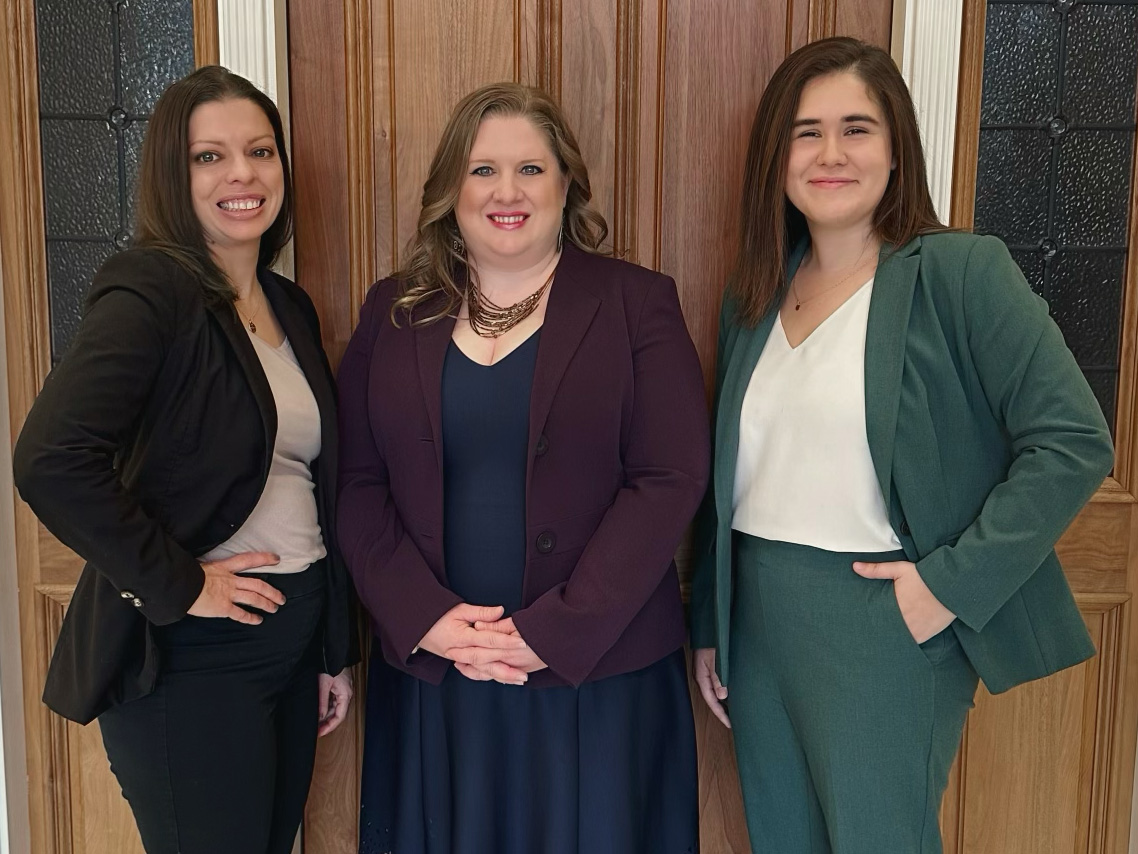Is there a legal excuse for speeding in North Carolina?
A speeding ticket is one of the most common reasons for you could be pulled over by the police in North Carolina. This is always a very stressful and frustrating experience. If you’re stopped by the police you should be polite and respectful as a general rule of thumb and as a way to avoid bad notes of other charges that could complicate things in court.
NCGS § 20-141. Speed restrictions.
(a) No person shall drive a vehicle on a highway or in a public vehicular area at a speed greater than is reasonable and prudent under the conditions then existing.
(b) Except as otherwise provided in this Chapter, it shall be unlawful to operate a vehicle in excess of the following speeds:
(1) Thirty-five miles per hour inside municipal corporate limits for all vehicles.
(2) Fifty-five miles per hour outside municipal corporate limits for all vehicles except for school buses and school activity buses.
(j1) A person who drives a vehicle on a highway at a speed that is either more than 15 miles per hour more than the speed limit established by law for the highway where the offense occurred or over 80 miles per hour is guilty of a Class 3 misdemeanor.
No Excuse for Speeding in North Carolina
With very few technical exceptions there are no legal excuses for speeding in North Carolina. If you really have to use the bathroom or just feel sick and need to get home quickly? Not a legal excuse for speeding. Need to get to the hospital immediately? Not a legal excuse for speeding. While there may not be a legal excuse for speeding to do something very important (hospital, get home because you’re sick etc.) it is just a speeding citation and you’ve got to balance the need to get medical help over the fear of a ticket and a fine. Unless you’re a police officer, an ambulance driver or possibly a fireman you don’t have a legal excuse for speeding in North Carolina.
Necessity Defense
In very rare circumstances you may be able to claim the necessity defense. If you had to speed up to avoid a very serious accident, you may be able to argue that you had no choice but to exceed a safe speed. Other situations where you might use this defense involve speeding to avoid an obstacle in the road or perhaps a mechanical problem with your vehicle.
Defense to Speeding Citations in North Carolina
While you may not have a legal excuse for speeding you may have some legal defenses in North Carolina. Those include:
No Posted Speed Limit. Was there a sign? Was the sign hidden?
Not Really Speeding. The police got the wrong person. The radar gun was inaccurate. Your GPS could prove you were not speeding.
Not the person driving. Maybe someone else was driving and the officer wrote the citation to the wrong person for any number of reasons (identity theft, an accident where the police arrived later on etc.)
Officer Doesn’t show up to court? Sometimes the State fails to show up with a police officer to testify, maybe the officer can’t remember if you were the one driving or what happened.
Common Resolution for Speeding Tickets
Don’t pay your speeding ticket without talking to a Raleigh Speeding Ticket Lawyer first. While we’ve talked a lot about the law and defenses the vast majority of tickets are handled by way of a deal with the District Attorney’s Office that involves a reduction of the speed or possibly a reduction to the non-moving violation of improper equipment. For many a reduction and PJC may be the best option to avoid DMV points and insurance points. We always pull DMV records for our clients to look at their records to make sure we’re handling the ticket the best way possible.
North Carolina Speeding Ticket Defense Law Firm
If you are charged with speeding in the Raleigh Area and Surrounding Counties contact an NC speeding ticket lawyer at Granados Law Group. We will talk about your case during a free consultation. We handle speeding tickets and traffic citations in Wake County, Chatham County, and Johnston County. You can reach us at 919-650-2851 to talk about your case. For most clients we are able to go to court on your behalf. The process of hiring the firm usually just involves a short call and then we send you paperwork by email so we can handle your case in court without you needing to be present in court.
